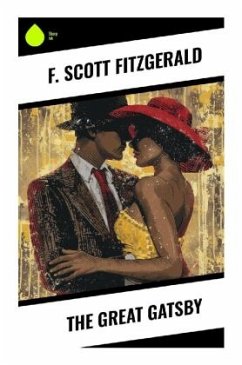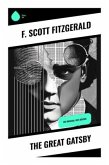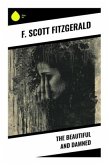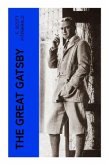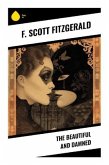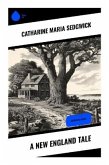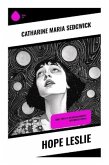F. Scott Fitzgerald's "The Great Gatsby" is a quintessential exploration of the American Dream, set in the opulent Jazz Age of the 1920s. Through the eyes of the novel's narrator, Nick Carraway, Fitzgerald weaves a richly symbolic narrative that examines themes of wealth, class, love, and disillusionment. With its lyrical prose and vivid imagery, the book captures the exuberance and excess of the era, while simultaneously revealing the moral decay lurking beneath the surface. The plight of Jay Gatsby, an enigmatic millionaire pining for his lost love, serves as a poignant commentary on the unattainability of the American Dream and the hollowness of social status. Fitzgerald, born in 1896, was deeply influenced by the cultural and economic tumult of his time. His own experiences with wealth and societal expectations shaped his understanding of ambition and aspiration, key elements in "The Great Gatsby." The author vividly portrays his disillusionment with the American elite, making it a candid reflection of his life during the Roaring Twenties, a period fraught with contradictions and despair amid apparent prosperity. This masterful novel is essential reading for anyone seeking insight into the complexities of identity and morality in America. Fitzgerald's keen social observations and exquisite prose invite readers to reflect on their own dreams and desires, making "The Great Gatsby" not just a story about the past but a timeless exploration of human experience.
Bitte wählen Sie Ihr Anliegen aus.
Rechnungen
Retourenschein anfordern
Bestellstatus
Storno

